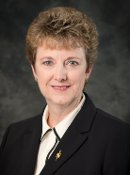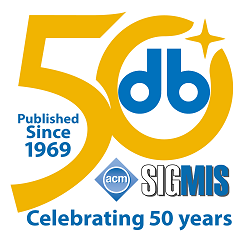
Thomas Oommen (GMES) was quoted in the article, “Devastating Floods Hit India for the Second Year in a Row,” posted August 26, 2019, in EOS Earth and Space News. Oommen studies studies landslide hazards in Kerala, India. Link to the article here: https://eos.org/articles/devastating-floods-hit-india-for-the-second-year-in-a-row




